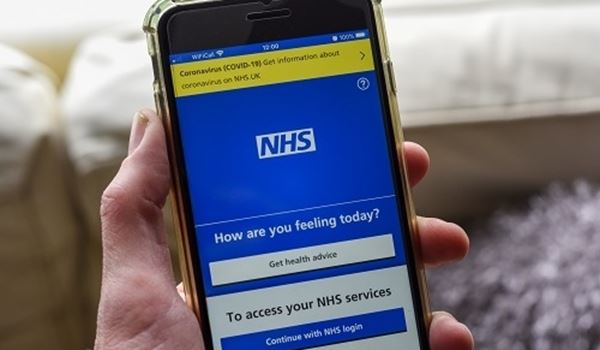Test Results
How do I find out my test results?
The quickest way to check your test results is to use online services like the NHS App.
If you can't see your results online, you can call the practice for test results between 14:00 and 16:00. The receptionist may tell you the result, or they may ask you to arrange an appointment with your doctor to discuss your result.
Please allow a few days before ringing the practice for test results to enable the doctors sufficient time to read and action them.
You can complete an admin form on our website 'contact us' form if you would like the results sent to you
Further information on the investigations we have requested
Blood Tests
A blood test is when a sample of blood is taken for testing in a laboratory. Blood tests have a wide range of uses and are one of the most common types of medical test. For example, a blood test can be used to:
- assess your general state of health
- confirm the presence of a bacterial or viral infection
- see how well certain organs, such as the liver and kidneys, are functioning
A blood test usually involves the phlebotomist taking a blood sample from a blood vessel in your arm. The usual place for a sample is the inside of the elbow or wrist, where the veins are relatively close to the surface.
You will be sent a blood form by the doctor if you need a blood test routinely for monitoring purposes. If you wish to have a blood test you will need to book an appointment with the doctor first to discuss the reason for this.
Pathology testing is undertaken for many different reasons. It may be to assist in the diagnosis of a disease or to monitor changes in a previously diagnosed disease. When using pathology tests to assist in the diagnosis of a disease the doctor/healthcare professional must have a suspicion that the patient has that condition. The doctor/healthcare professional will evaluate all of the relevant information they have to come to a likely cause of a patient’s complaint. These other pieces of information used by the doctor in making a diagnosis include your clinical status (physical signs and symptoms) and your personal and family history. Pathology tests are not foolproof and can present an incomplete picture when not put into proper clinical context, and interpreted alongside other pieces of information. Careful evaluation and consideration of test findings increase the reliability of a diagnosis and reduces the chance of medical error.
Based on these findings the doctor/healthcare professional will think of a few possible diagnoses and may use a pathology test that may assist in confirming the diagnosis. In the case where a diagnosis has been made such as Diabetes or elevated cholesterol, pathology tests are used to see if treatment has been effective in maintaining the blood sugar or cholesterol at normal levels.
When will my results come back?
Most routine blood tests will take 72 hours. The following blood tests will take longer:
- Diabetes blood test (Hba1c) – 1 week
- Rheumatoid Arthritis blood test – 1 week
- Coeliac blood test (endomyssial antibody) – 2 weeks
- Vitamin D blood test – 3 weeks
Other tests will take:
|
Test |
Time for Result |
Test |
Time for Result |
|
Chest Xray |
10 days |
Skin Scraping |
Up to 3 months |
|
Ultrasound Scan |
10 days |
Nail Clippings |
Up to 3 months |
|
Helicobacter Breath Test |
1 week |
Vaginal Swab Test |
Up to 2 weeks |
|
Urine Sample |
1 week |
Smear Test |
Up to 2 weeks |
|
Sputum Sample |
1 week |
24 Hour Blood Pressure Monitoring |
3 days |
|
Stool Sample |
1 week |
Home Blood Pressure |
3 days |
Page created: 05 September 2022


